Your Clinic
SET A LOCATION
Your Clinic
SET A LOCATION
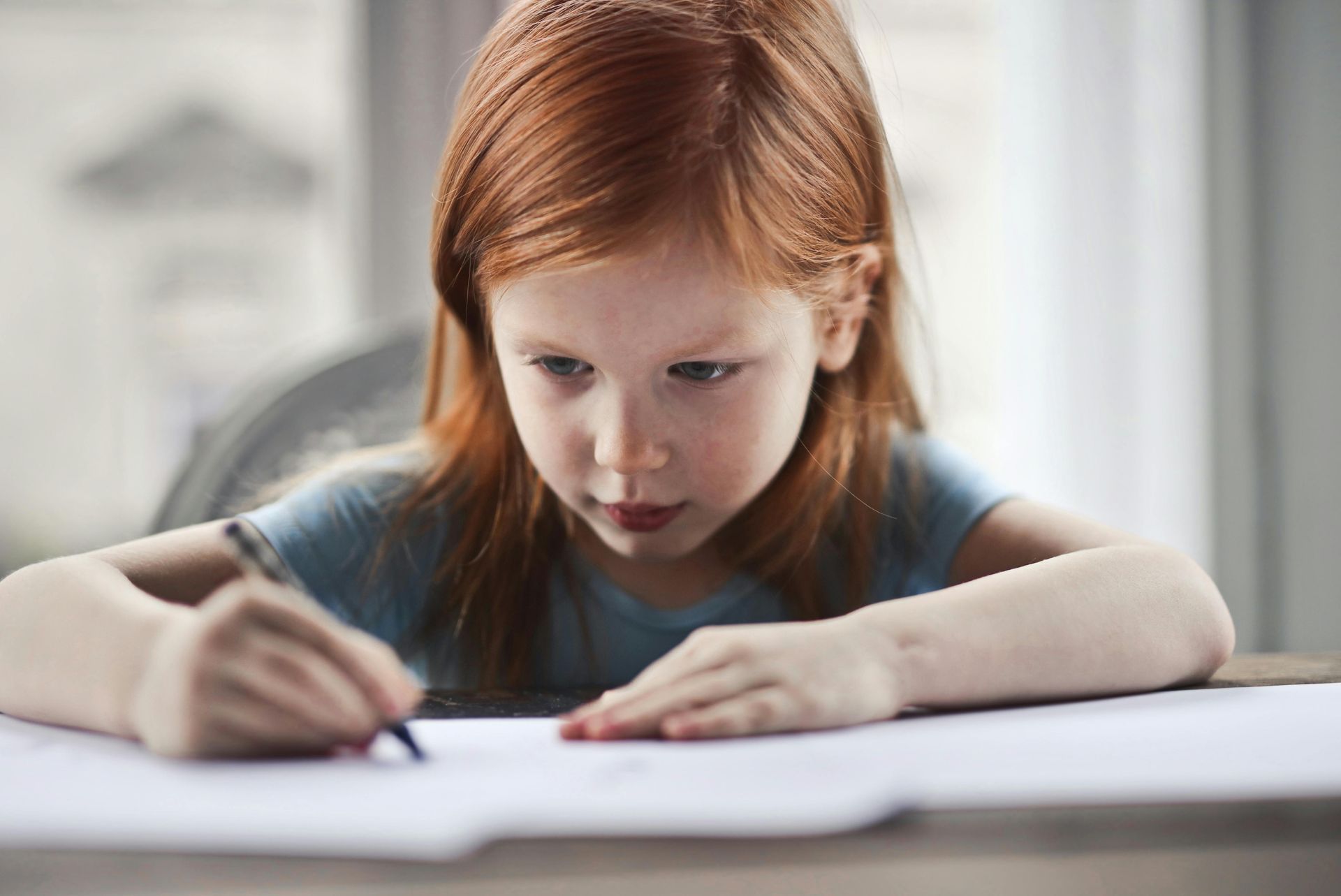
A new school year means fresh notebooks, sharpened pencils and a renewed focus on writing. But for many kids, handwriting isn’t just a subject, it’s a foundational skill that impacts how they learn, express ideas, and feel about school.
At Progressive Pediatric Therapy, we support handwriting development through fun, functional activities that build the fine motor, visual, and cognitive skills kids need to write with ease and confidence.
In a digital age, handwriting might seem less essential but it still plays a critical role in your child’s learning journey:
By nurturing handwriting skills early, you're supporting success across all subjects.
Some handwriting issues are obvious, while others develop quietly over time. Watch for these signs:
These may signal underlying struggles with motor control, visual processing, or coordination, not just “messy writing.”
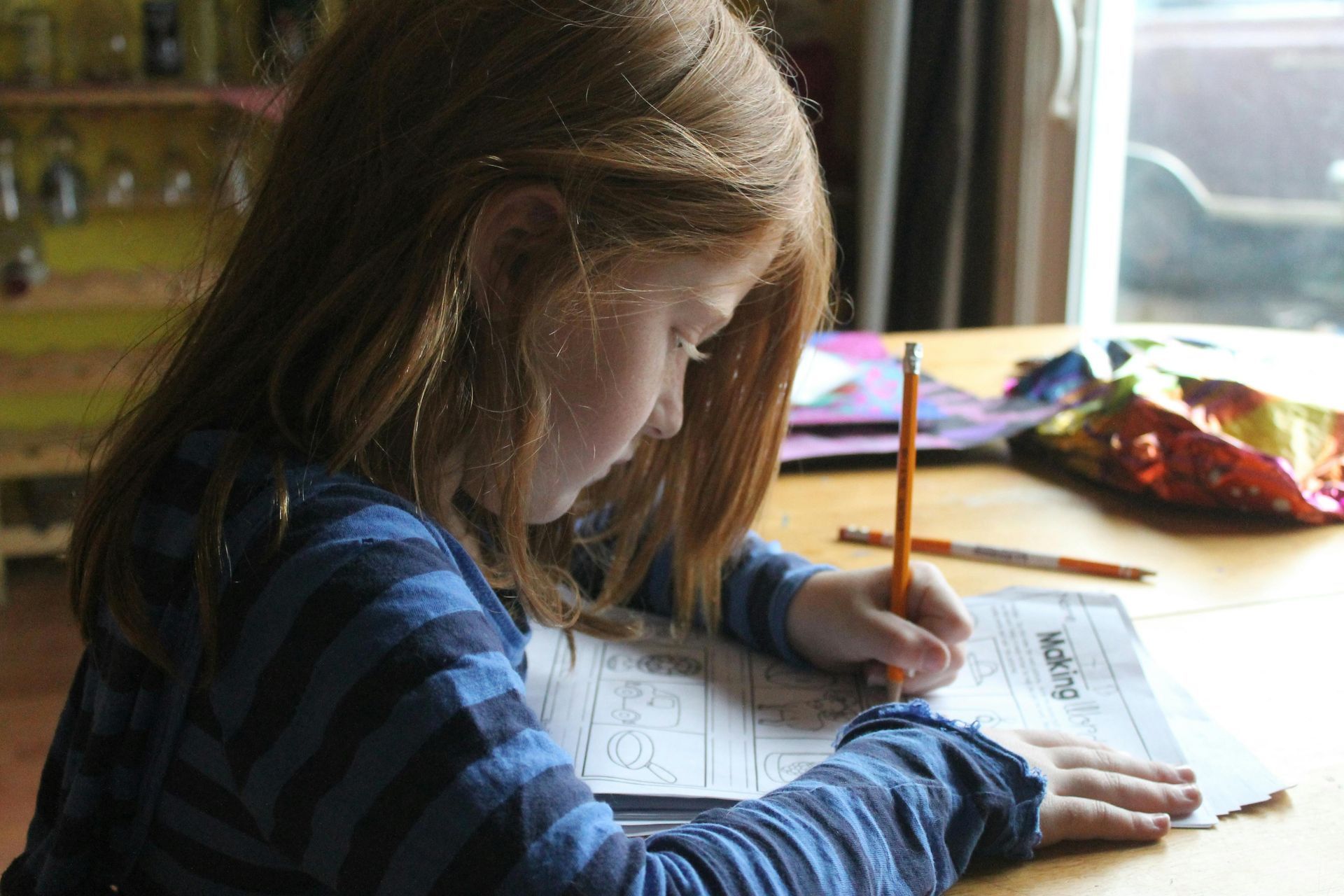
Handwriting practice doesn’t have to be boring. Here are engaging ways to build foundational skills:
Progressive Pediatric Therapy now offers a 10-week Cursive and Print Handwriting Instruction Program, built on the research-backed Handwriting Without Tears® curriculum. Each program includes 20 sessions (2 per week), 30–45 minutes each, and uses multisensory strategies to help kids build legible, confident handwriting.
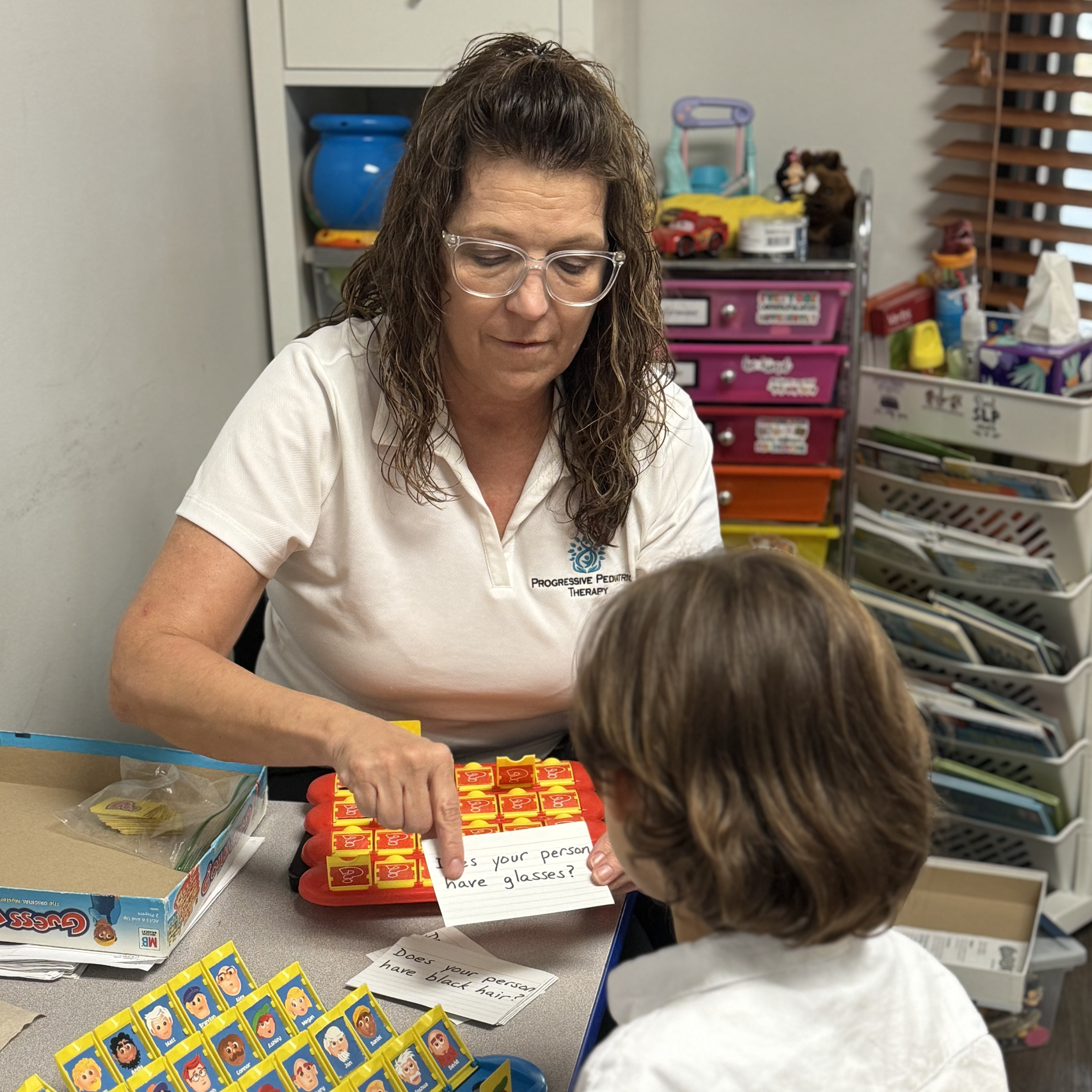
Every child completes a 30-minute consultation (fee applies) before enrolling. This ensures they’re ready to benefit from instruction.
The consultation includes:
****This is a private pay program and is not covered by insurance.
Whether through therapy or our handwriting instruction program, we take a whole-child approach. Our occupational therapists assess and strengthen the skills behind writing success, including:
If your child struggles with handwriting or if you want to give them a strong start, August is the perfect time! Building writing readiness now can reduce classroom stress, improve participation, and help your child view writing as a tool for learning, not a barrier.
Let’s make this school year one of progress, confidence, and handwriting success.



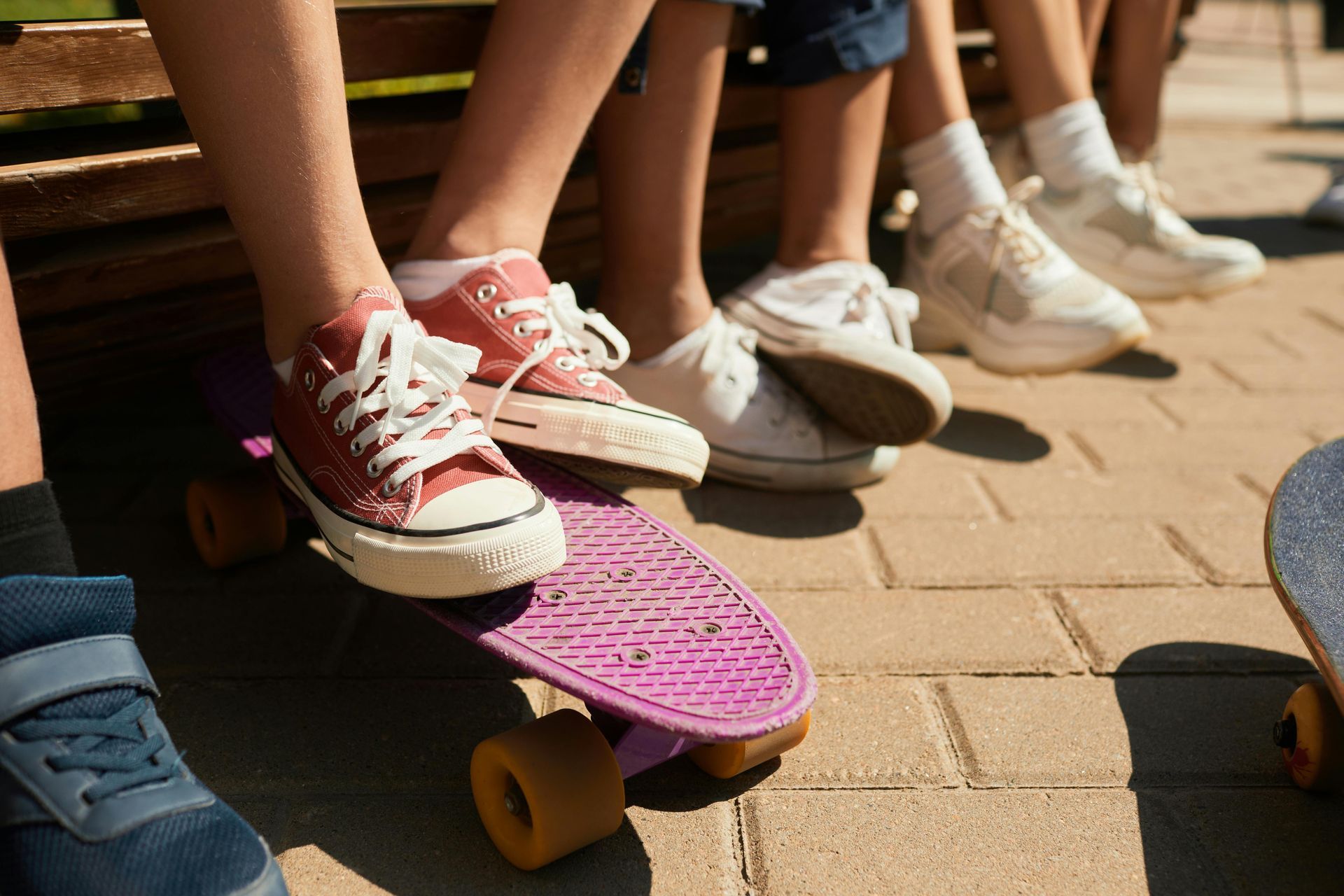


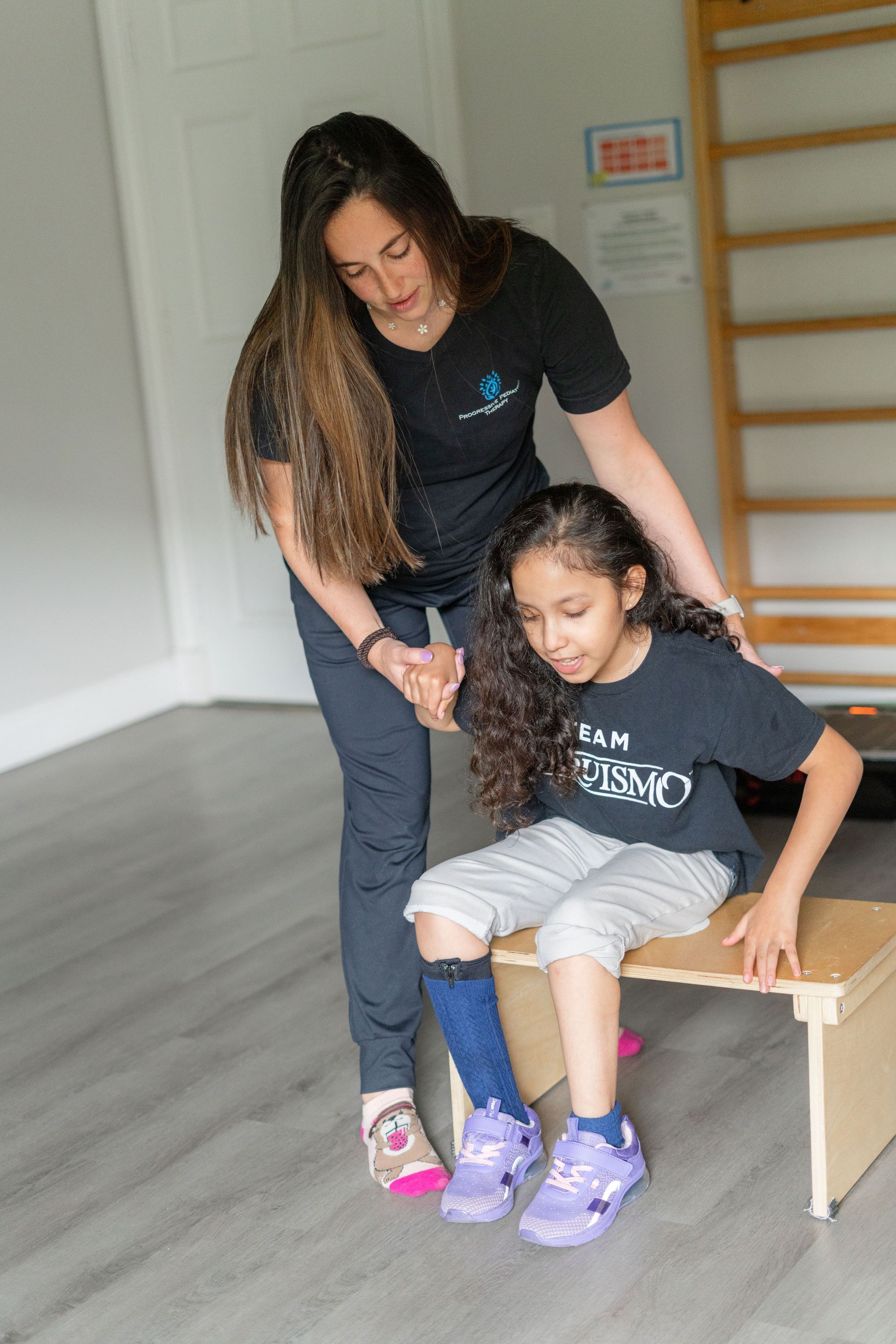
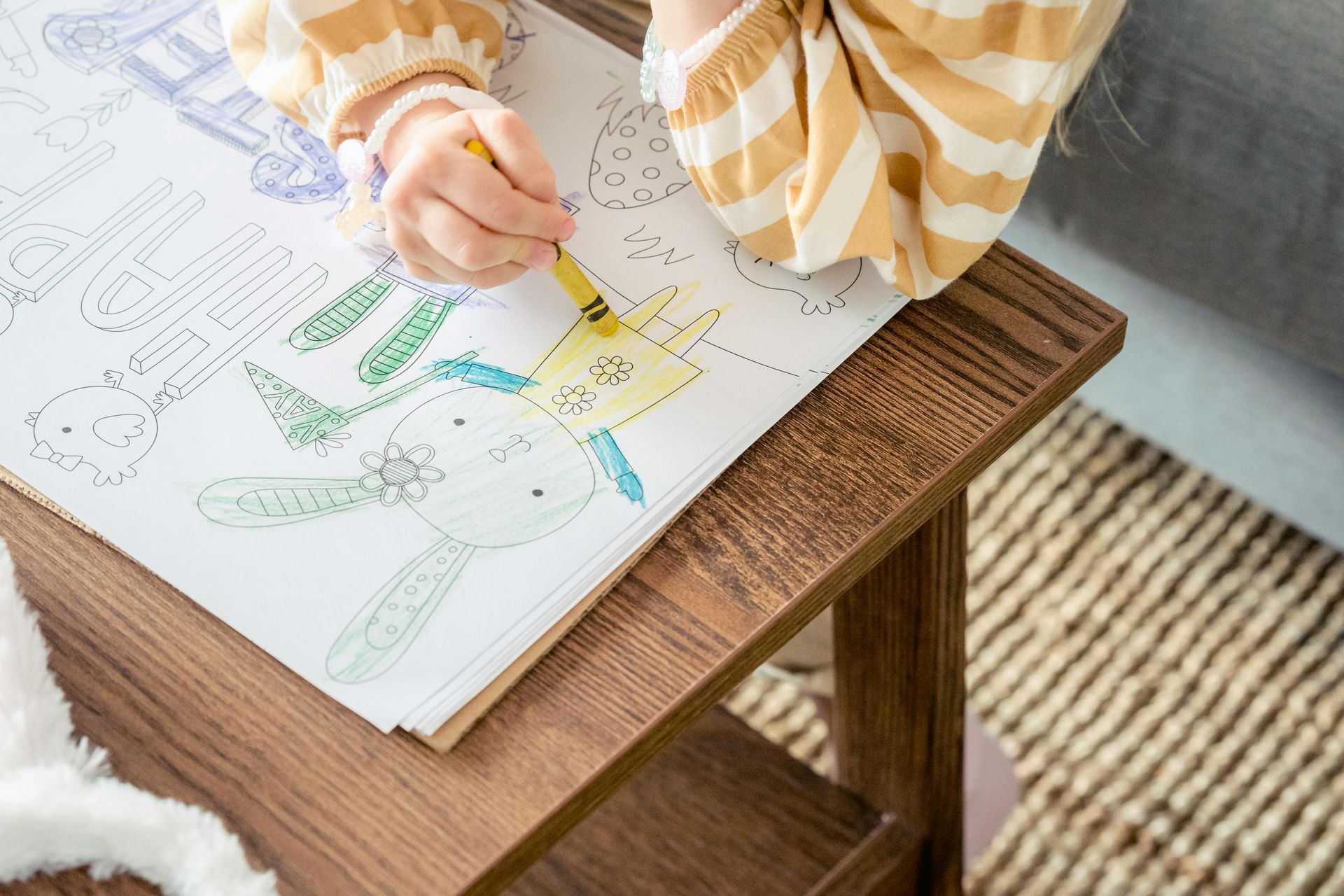
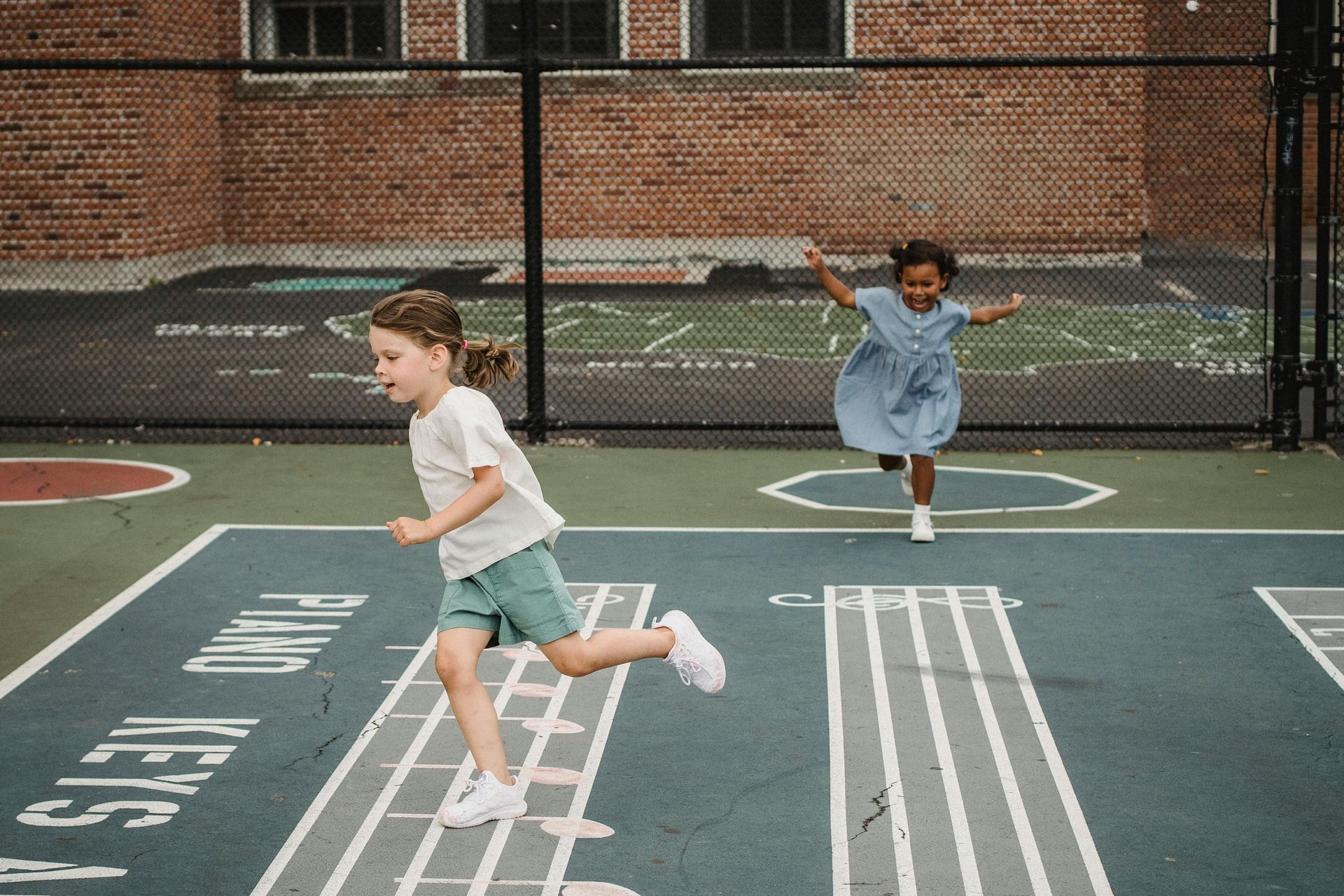

We empower children, families, and the community to learn, grow, and celebrate every child's unique abilities.
Quick Links
Contact Details
Phone: 561-376-2573 | 561-918-0190
Fax: 561-218-4939
VIP Concierge: 561-717-1764
Clinic Locations
All Rights Reserved | Progressive Pediatric Therapy, Inc. | Privacy Policy | Terms of Service
Site by Spearlance